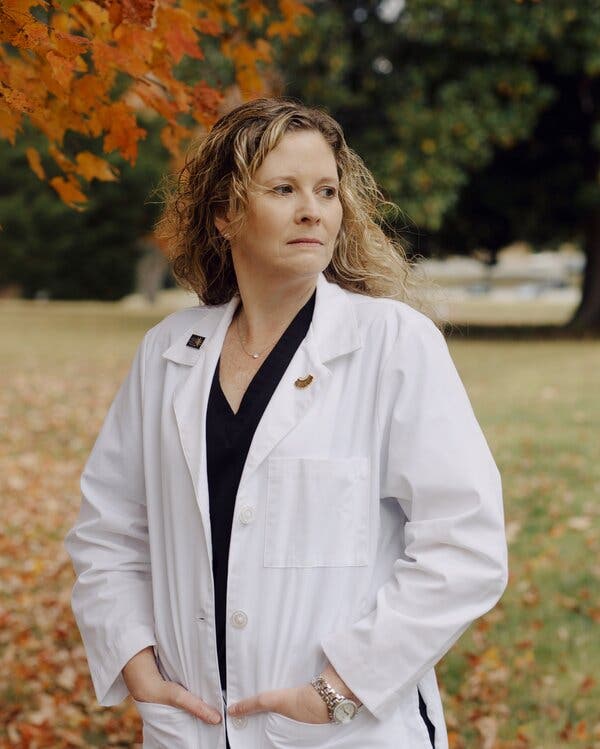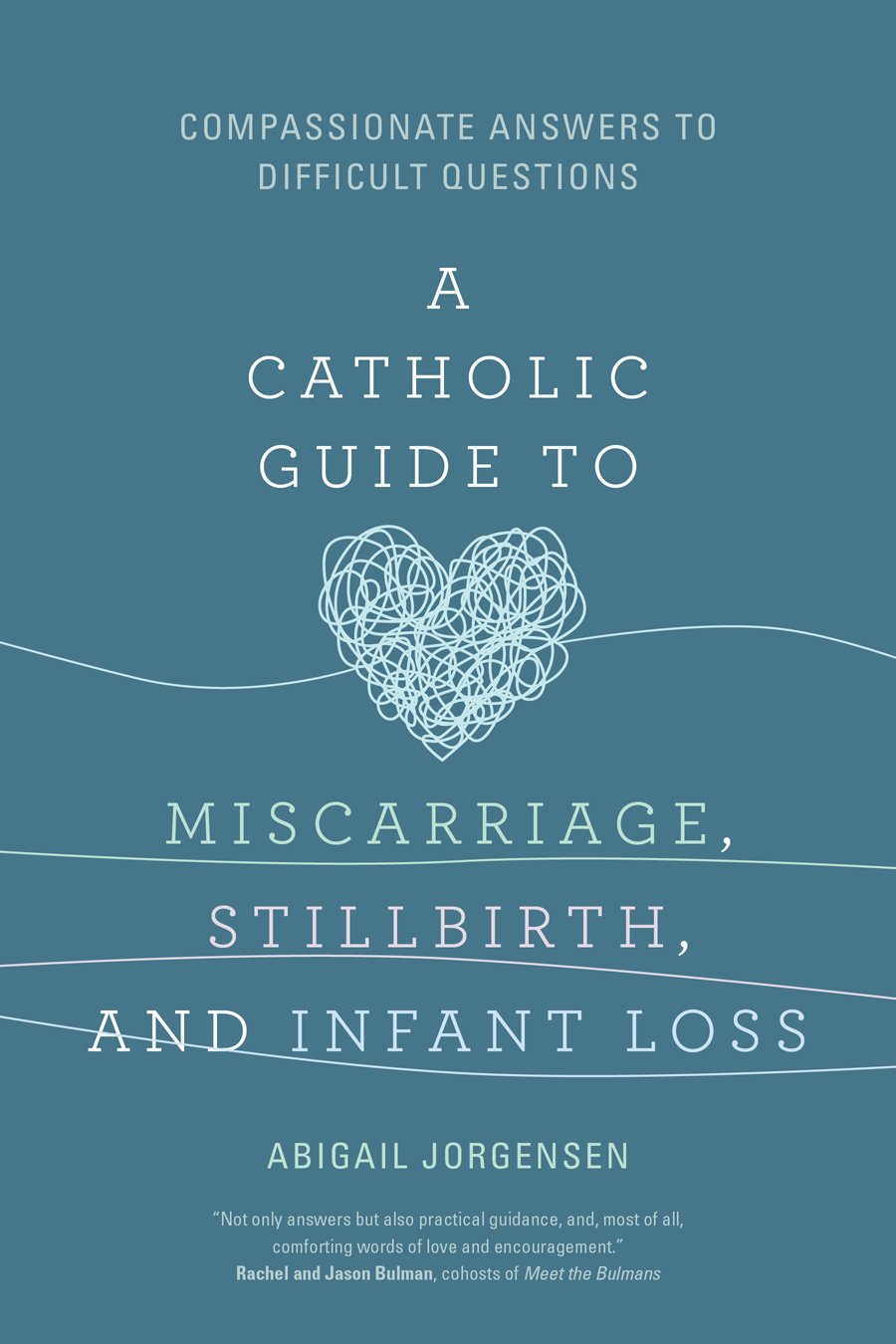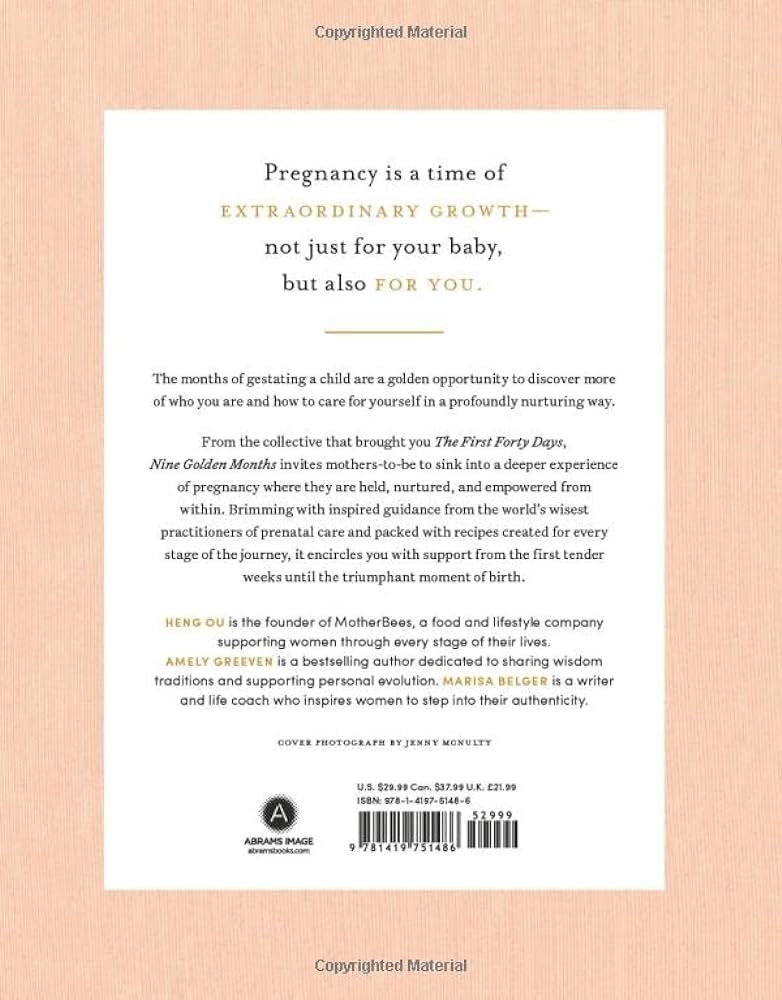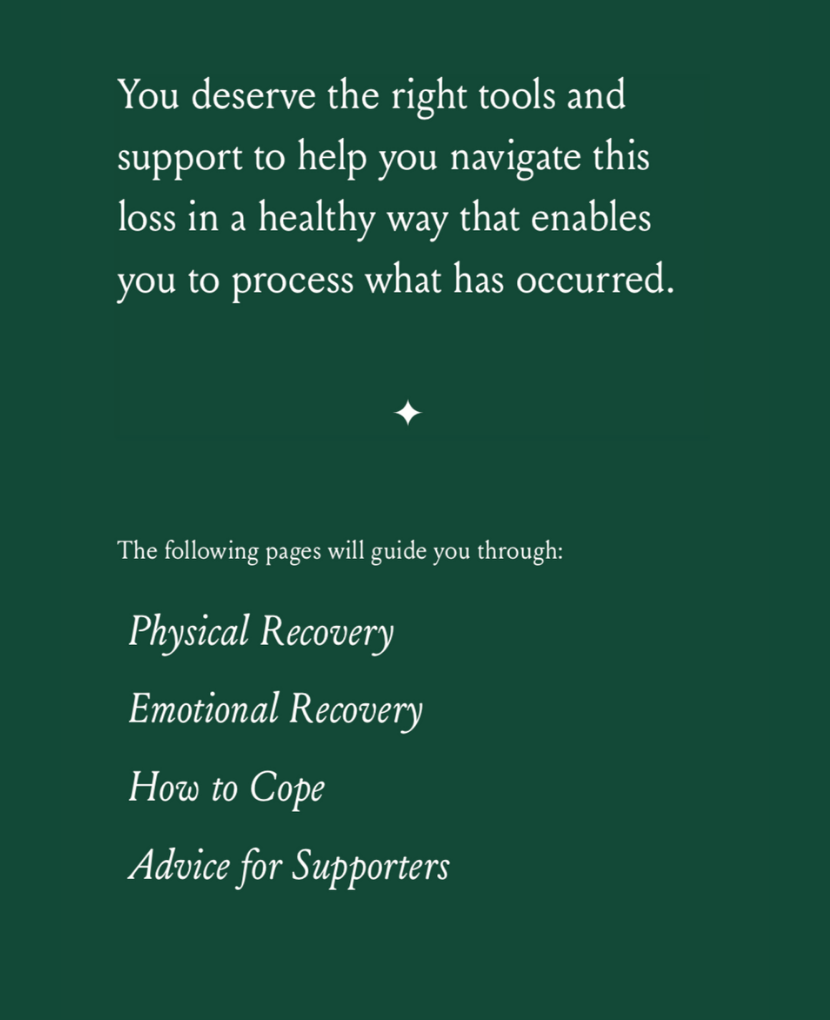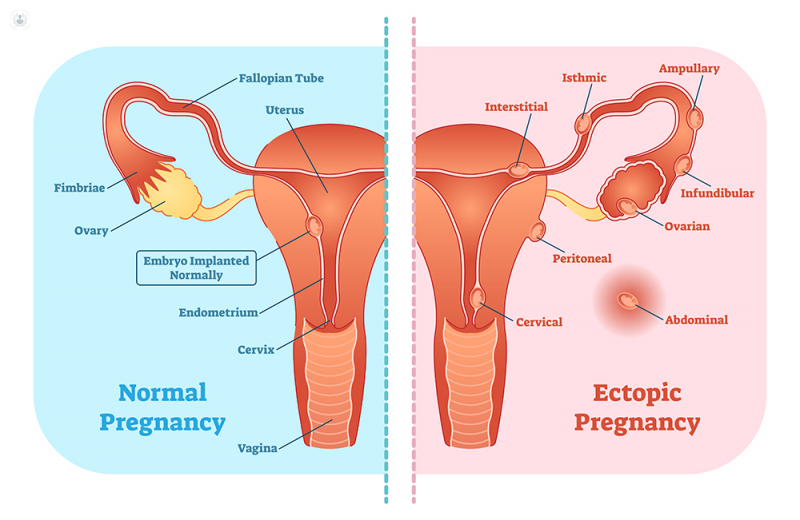Miscarriage awareness is crucial for women planning pregnancy. Understanding its causes and prevention helps ensure a healthy gestation period.
A miscarriage, or spontaneous abortion, typically occurs before the 20th week of pregnancy and can be a devastating experience for prospective parents. Its causes vary widely, from genetic and hormonal issues to infections and lifestyle factors. Pregnant individuals benefit from knowing the symptoms, such as vaginal bleeding or pain, and the importance of seeking medical advice at the first sign of trouble.
Leading a healthy lifestyle, managing chronic conditions, and regular prenatal care are proactive steps to reduce the risk of miscarriage. This introduction provides vital information for those aiming to maintain a healthy pregnancy and cope with the potential challenges it may bring.
The Emotional Landscape Of Miscarriage
A miscarriage often triggers a storm of emotions. Pain, loss, and confusion turn the joy of pregnancy into sorrow. The emotional journey is unique for everyone. Healing takes time, and recognizing the impact on mental health is crucial.
Coping With Grief
Acceptance is the first step towards healing. It’s okay to mourn. It’s normal to feel empty. Recognizing these feelings helps to begin coping with the loss. Express your emotions; talk, write, or create art. These acts can bring solace.
- Connect with your partner, as they’re on this journey too.
- Don’t rush back into normal activities if you’re not ready.
- Seek professional help if sadness feels overwhelming.
Support Systems And Resources
Finding a support system can provide immense comfort. Friends, family, and support groups offer a network of understanding. Professional counselors specialize in grief can guide you through this difficult time.
| Resource | Description | Contact |
|---|---|---|
| Miscarriage Support Groups | Groups offering shared experiences and compassion | Local Community Centers |
| Counseling Services | Professionals providing tailored emotional support | Hospitals, Clinics |
| Online Forums | Communities for sharing stories and finding virtual support | Various Websites |
Understanding Pregnancy After Loss
A journey through pregnancy can be a time of joy and hope. But after a loss, it becomes a path filled with mixed feelings. This section helps expectant parents who have experienced miscarriage to navigate the complex emotions and practical considerations of pregnancy after loss.
Risk Factors And Probability
Pregnancy after miscarriage brings valid concerns about risks. Knowing these can help in preparing for a healthy pregnancy. Let’s delve into what may influence the chances of another loss:
- Age: Women over 35 have a higher risk.
- Previous miscarriages: Multiple losses may increase risk.
- Medical conditions: Certain health issues contribute to risk.
- Lifestyle factors: Smoking and alcohol can elevate risk.
It is essential to understand that while these factors can increase risk, they do not guarantee future losses. Each pregnancy is unique, and many women go on to have successful pregnancies after miscarriage.
Medical Advice And Precautions
Seeking medical advice is a crucial step in preparing for a new pregnancy. Doctors can offer tailored guidance and support. Some general precautions include:
- Having a preconception checkup to address any underlying issues.
- Taking prenatal vitamins with folic acid before and during pregnancy.
- Waiting for one or more menstrual cycles before trying again, as recommended by your healthcare provider.
- Maintaining a healthy diet and exercise routine.
It’s also important to monitor one’s mental health and seek support as needed during this emotional time. A strong support system and professional guidance offer the best chance for a healthy pregnancy after loss.
Navigating Decision-making
Miscarriages bring a whirlwind of emotion and a maze of decisions for couples. Recovering from such a loss means not just physical healing, but also making choices about the future. How does one cope with the uncertainty and decide on the next steps? This section addresses decision-making after a miscarriage, guiding you through when you might consider trying again and exploring alternative options that could be your path forward.
When To Try Again
Before considering a timeline to try for pregnancy again, focus on healing—both body and mind. It’s important to seek medical advice and get emotional support. With a green light from your healthcare provider and when emotionally ready, you may consider planning for another attempt.
Here are some crucial factors you should think about:
- Your physical health
- Emotional wellness
- Healthcare provider’s guidelines
- Personal and partner’s readiness
Some people may need a few months, while others need longer. Trust your inner voice and keep close communication with your partner and doctor.
Considering Alternative Options
Exploring alternative routes to parenthood can be empowering. Your journey doesn’t have to end with miscarriage.
| Option | Description | Consideration |
|---|---|---|
| Adoption | Welcoming a child into your life | Legal process and availability |
| Fertility Treatment | Assistance to conceive biologically | Success rates and costs |
| Surrogacy | Another person carries your child | Emotional and financial implications |
Discuss these options with your partner, and consult with a fertility specialist. Reflect on what feels right for you both. Balancing practical realities with your desires helps in choosing a path that brings joy and fulfillment.

Credit: www.amazon.com
Fertility Treatments And Miscarriage
Fertility treatments offer hope to many couples struggling to conceive. Yet, they also bring concerns about the risk of miscarriage. Understanding the connections between fertility treatments and miscarriage helps prepare couples for their pregnancy journey.
Types Of Treatments
Various fertility treatments can assist in the path to parenthood:
- In Vitro Fertilization (IVF) – Eggs and sperm meet outside the body.
- Intrauterine Insemination (IUI) – Sperm is placed directly into the uterus.
- Hormone treatments – They balance hormones to boost fertility.
- Surgery – It corrects physical fertility issues.
Impact On Future Pregnancies
It’s crucial to know how fertility treatments affect future pregnancies. Here are key points:
| Treatment | Risk of Miscarriage | Impact on Subsequent Pregnancies |
|---|---|---|
| IVF | Varies by age, health | Typically minimal impact |
| IUI | Similar to natural conception | Increased chances with more cycles |
| Hormone Treatments | Depends on underlying conditions | Can improve overall fertility |
| Surgery | Depends on procedure success | Often improves pregnancy odds |
Each treatment offers distinct opportunities and risks. Couples should discuss these thoroughly with their healthcare provider. Personal health, age, and fertility issues play significant roles. Having candid conversations can pave the way for informed decisions and increased chances of a successful pregnancy.
Creating A Supportive Environment
During the challenging period after a miscarriage, a nurturing environment is key. Creating a Supportive Environmentprovides comfort and promotes healing. This supportive bubble does wonders for both mental and emotional recovery.
Communication With Partner
Opening up to your partner after miscarriage is crucial. Share feelings, fears, and hopes. It strengthens the bond and fosters mutual support. Partners often experience grief differently. Acknowledge each other’s pain and heal together.
Seeking Professional Help
- Consider therapy or counseling: A safe space to unpack emotions aids in healing.
- Join support groups: Sharing experiences with others who understand your pain can be incredibly affirming.
- Explore online resources: Many organizations offer information and support for those who have experienced miscarriage.

Credit: www.amazon.com
Healthy Practices For Recovery
After a miscarriage, the path to recovery may seem daunting. Care for your body and mind is essential for healing. Simple practices can restore physical strength and nurture mental wellness.
Physical Health And Nutrition
Focusing on physical health helps the body heal. Consider these tips:
- Eat balanced meals rich in vitamins and minerals.
- Drink plenty of water to stay hydrated.
- Rest well to allow your body to recover.
Consult a nutritionist to tailor a diet plan to your needs. Remember, gentle exercise, like walking, can boost recovery.
Mental Well-being Strategies
Mental recovery is just as vital. Try these approaches:
- Practice mindfulness or meditation to ease stress.
- Join a support group to connect with others.
- Talk to a therapist who specializes in loss.
Allow yourself time to grieve. Be gentle with your emotions. Your mental health is a priority.

Credit: hersmartchoice.com
Frequently Asked Questions On Miscarriage Ideas For Pregnancy
What Causes Miscarriage In Early Pregnancy?
Miscarriages in early pregnancy are often due to chromosomal abnormalities in the fetus. Other causes include hormonal issues, maternal health conditions, and lifestyle factors. Early pregnancy loss is not usually preventable and is relatively common.
How Can You Lower Miscarriage Risk?
To lower miscarriage risk, maintain a healthy diet and weight, manage stress, and avoid smoking and alcohol. Regular prenatal care is crucial. Certain medical conditions should be controlled as advised by a healthcare provider.
What Are The Signs Of A Potential Miscarriage?
Signs of a potential miscarriage include vaginal bleeding, cramping, and abdominal pain. Fluid or tissue passing from the vagina is another sign. Some women experience a decrease in pregnancy symptoms. Concerning signs should prompt medical consultation.
Can Exercise Cause Miscarriage?
Moderate exercise is generally considered safe during pregnancy. However, high-impact activities or contact sports carry more risk. Always consult with a healthcare provider to determine appropriate exercise during pregnancy.
Conclusion
Navigating the path through pregnancy can be fraught with challenges, miscarriage being a heartrending one. It’s crucial to foster awareness and support during these tough times. This post aimed to illuminate the topic, offering comfort and understanding. Remember, you’re not alone and it’s okay to seek help.
Sharing experiences may ease the burden, forging a path to healing.

